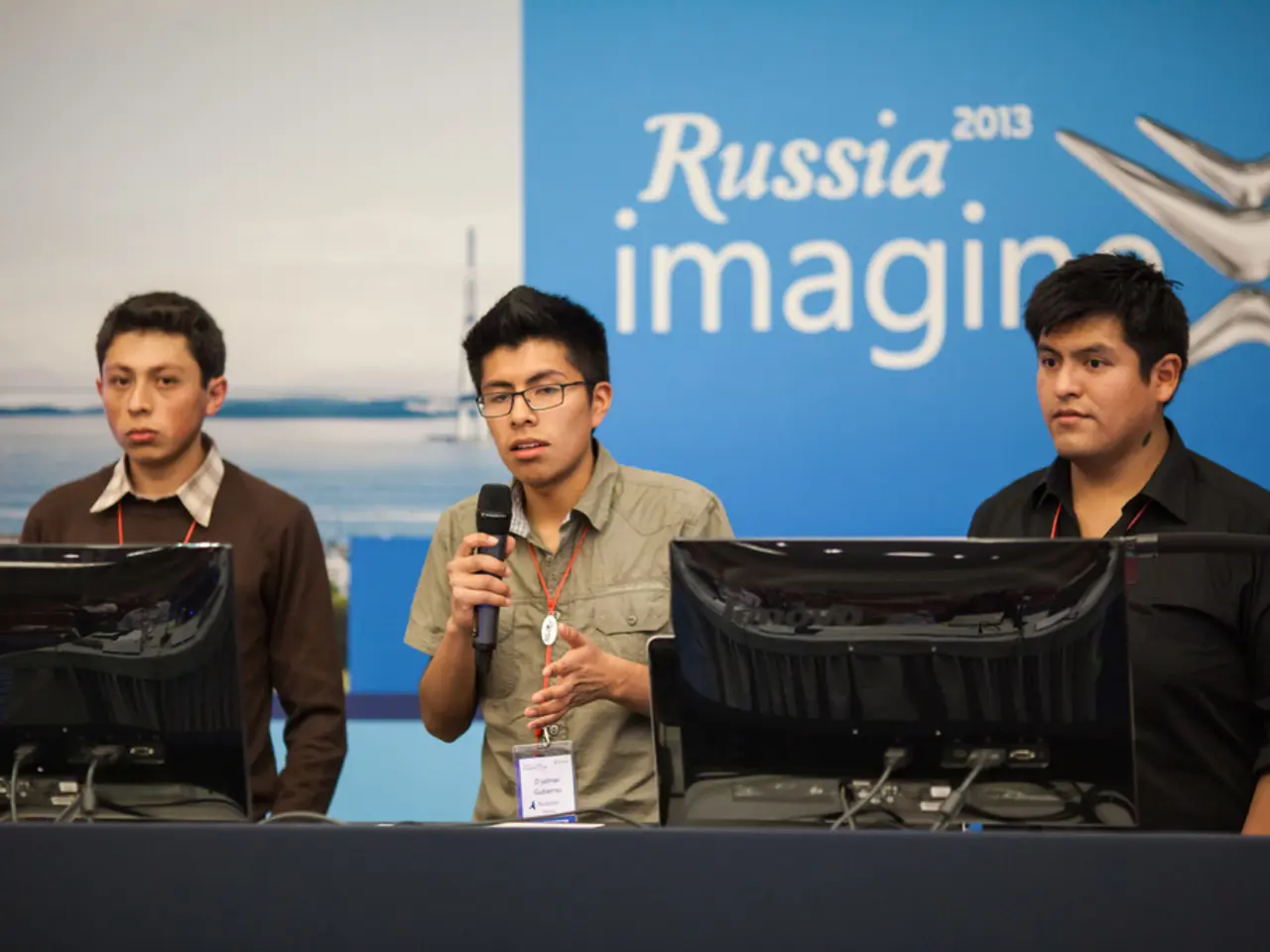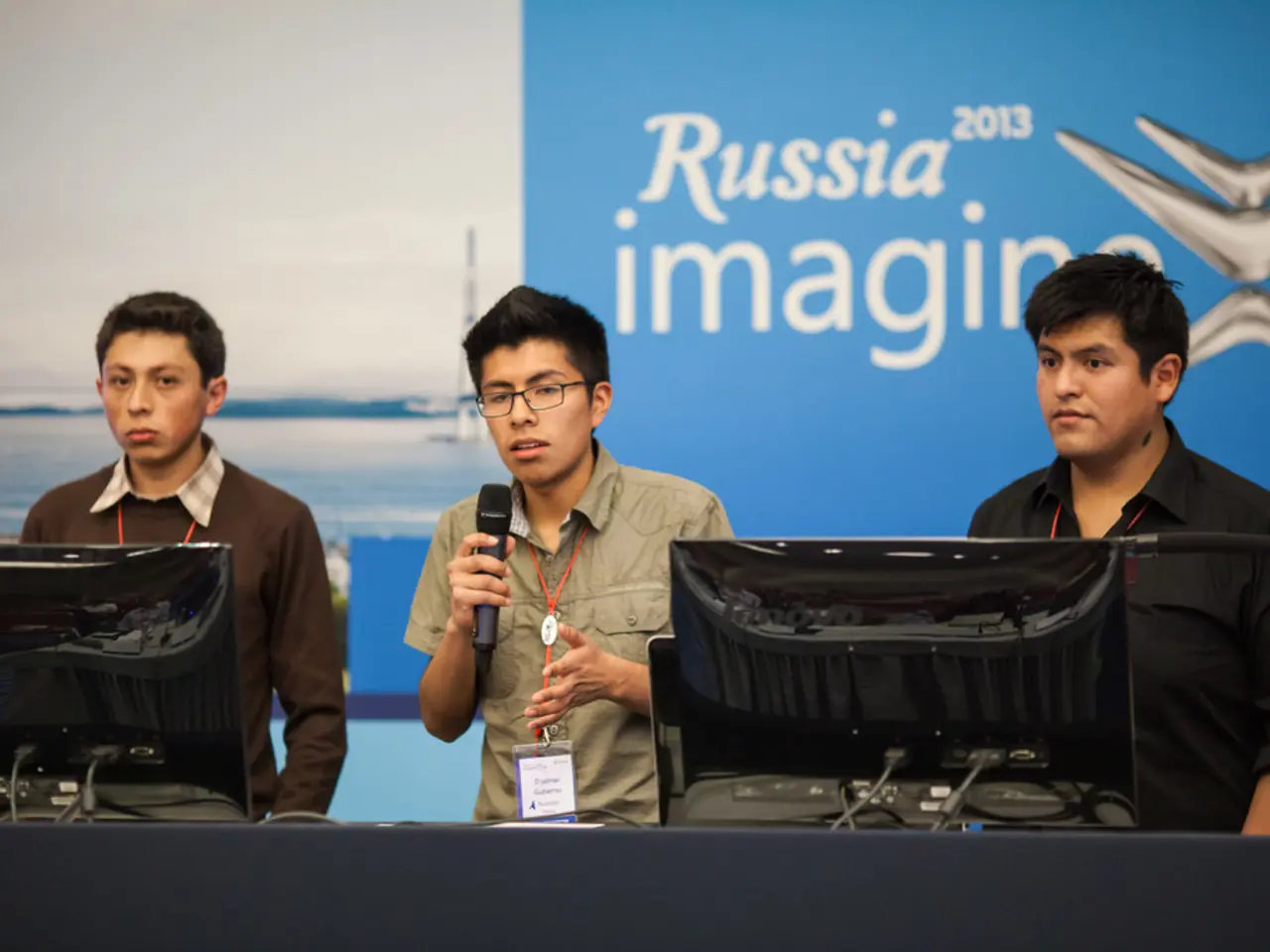Executions surging in Iran as authorities grapple with survival crisis
Iran has witnessed a significant increase in executions, with at least 612 people put to death in the first half of 2025. This figure is more than double the 297 executions recorded during the same period last year, according to data confirmed by the United Nations Human Rights Office.
The escalating trend of executions has raised concerns about a potential further increase in the coming weeks and months. The Iranian judiciary has arrested approximately 2,000 individuals linked to recent conflict tensions, with ongoing interrogations and intelligence investigations suggesting more could face trials and potential death sentences.
Currently, at least 48 people are on death row, and 12 are believed to be at imminent risk of execution. The majority of executions disproportionately affect minority groups and frequently involve politically motivated charges such as "enmity against God" and "corruption on Earth," alongside drug-related offenses which make up over 40% of executions.
New Iranian legislative proposals, including an espionage bill, risk expanding the death penalty use to online communications and collaborations with foreign media, potentially increasing executions further. The UN has called for an immediate moratorium on the death penalty in Iran, condemning the secrecy of judicial proceedings and the lack of fair trial guarantees.
Human rights organizations warn that the surge in executions signals an intensifying crackdown by the Iranian regime amid internal unrest and external conflicts. The UN Human Rights Chief, Volker Türk, has highlighted the situation, stating that "the execution of at least 612 people in the first half of 2025 is alarming and a clear violation of human rights."
The military and security weakness during the war between Israel and Iran has fundamentally questioned the authority of the government in Iran. The regime's inability to retaliate against Israel has led to a massive crackdown within the country, resulting in a surge in executions.
Negin Behkam, a human rights advocate, has criticized the violent actions of the Iranian leadership within Iran. Behkam's work focuses on human rights issues in Iran, particularly the execution of Jamshid Sharmahd, a German-Iranian, which occurred despite international criticism. The political situation in Iran, including the use of cluster munitions and executions, is generating international scrutiny.
The ongoing political turmoil may impact various groups within Iran, including Afghan refugees and the Kurdish people. The international community continues to call for Iran to address these concerns and uphold the principles of human rights and international law.
- Despite the ongoing international scrutiny and calls for an immediate moratorium, the Iranian government continues to escalate war-and-conflicts-related arrests and executions, as suggested by the UN Human Rights Chief, Volker Türk.
- The surge in executions,politics-related charges, and the use of measures such as the espionage bill in online communications could further intensify crime-and-justice issues within Iran, according to human rights organizations.





